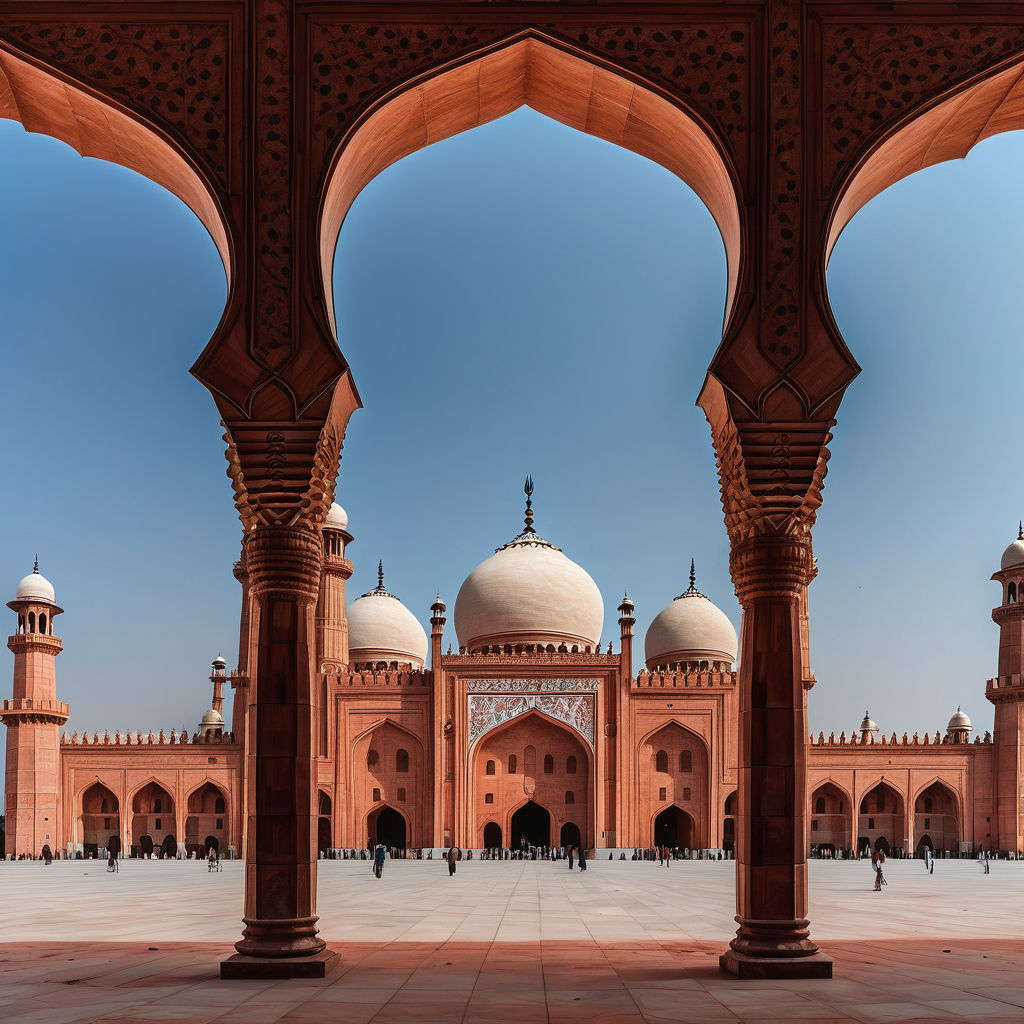Discover Pakistan: Rich Heritage, Cultural Diversity, and Social Dynamics
Exploring Pakistan's Cultural Tapestry, International Engagement, and Social Interactions

Introduction to Pakistan
Pakistan, officially known as the Islamic Republic of Pakistan, is located in South Asia. It shares its borders with India to the east, Afghanistan and Iran to the west, and China to the north. The Arabian Sea lies to its south. Major cities include Islamabad (the capital), Karachi (the financial hub), Lahore, Faisalabad, and Peshawar. Pakistan's rich cultural heritage is a blend of various influences, including Indo-Aryan, Persian, Turkic, and Islamic. This diverse heritage is reflected in its architecture, literature, music, and cuisine. The country is known for its historical sites, such as the ancient city of Mohenjo-Daro and the Mughal-era Badshahi Mosque in Lahore.
Cross-national and Cross-cultural Understanding
Pakistanis generally perceive and engage with other cultures with a mix of curiosity and hospitality, tempered by a sense of tradition and religious values. The country's diverse population includes various ethnic groups, such as Punjabis, Sindhis, Pashtuns, Baloch, and Mohajirs, which fosters an inherent appreciation for cultural diversity. Significant cultural exchanges and educational programs highlight Pakistan's commitment to global engagement. The Pakistan Cultural Centre and the Pakistan National Council of the Arts (PNCA) are key organizations promoting Pakistani culture abroad. Additionally, scholarships and exchange programs like the Fulbright Program and the United States Educational Foundation in Pakistan (USEFP) facilitate academic and cultural exchanges. International partnerships also play a crucial role in fostering cross-cultural understanding. Pakistan maintains strong cultural and educational ties with countries across Asia, the Middle East, and the West, promoting mutual respect and cooperation through academic exchanges, joint research projects, and cultural collaborations.
Interactions and Social Dynamics
Interactions between Pakistanis and foreigners are typically characterized by warmth and respect. Pakistani social behaviors are influenced by cultural values such as "mehmaan nawazi" (hospitality) and respect for elders and traditions. These values are often reflected in the way Pakistanis engage with outsiders. Social behaviors in Pakistan emphasize respect and formality, particularly in initial interactions. Greetings typically involve a handshake for men, while women may greet each other with a nod or a slight bow. Hospitality is a significant aspect of Pakistani culture, and guests are often treated with great care and generosity, frequently invited to share meals and participate in cultural activities. Communication styles in Pakistan are generally indirect and polite. Pakistanis tend to use elaborate language and gestures to convey their messages, often prioritizing harmony and avoiding confrontation. Understanding these subtleties can be challenging for foreigners, but learning the language and cultural norms can help bridge this gap. Language plays a crucial role in facilitating interactions. Urdu is the national language, while English is widely spoken and used in official and business settings. Regional languages such as Punjabi, Sindhi, Pashto, and Balochi are also prevalent. Multilingualism is an important aspect of Pakistani society, aiding in cross-cultural communication and interactions.
Views on Dating and Relationships
Dating and relationships between Pakistanis and foreigners are becoming more common, particularly among urban youth. However, societal views on such relationships can vary widely. While younger generations in metropolitan areas are more open to cross-cultural relationships, traditional values still hold significant influence in more conservative and rural areas. Cultural expectations and traditions can influence dating dynamics. Pakistani society places a high value on family approval and social harmony. Dating is often seen as a precursor to marriage, and relationships are usually pursued with long-term commitment in mind. Respecting cultural norms and familial expectations is crucial in Pakistani dating culture.
Marriage and Family
Marrying foreigners is increasingly accepted in Pakistan, although it still comes with certain social and familial considerations. Legal considerations for such marriages are straightforward, with clear regulations for international unions governed by Pakistani civil and Islamic law. Socially, families may initially have reservations about cross-cultural marriages due to concerns about cultural differences and social compatibility. However, acceptance generally grows as relationships develop and families get to know the foreign partner. Family plays a central role in Pakistani culture, and marrying into a Pakistani family often involves understanding and respecting familial obligations and traditions. Common practices in cross-cultural marriages include celebrating both Pakistani and foreign traditions, creating a blended cultural environment. For example, it is not uncommon for a couple to celebrate Eid alongside Christmas or other holidays from the foreign partner's culture.